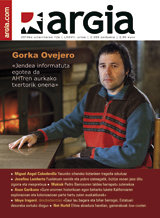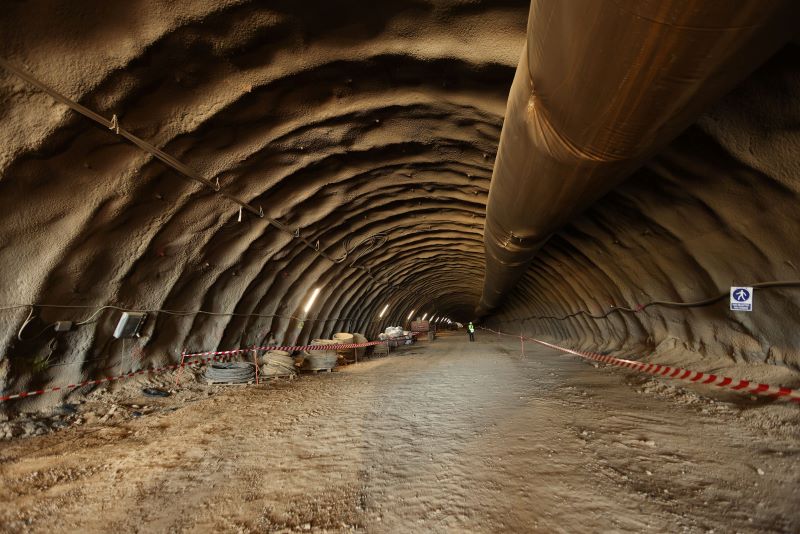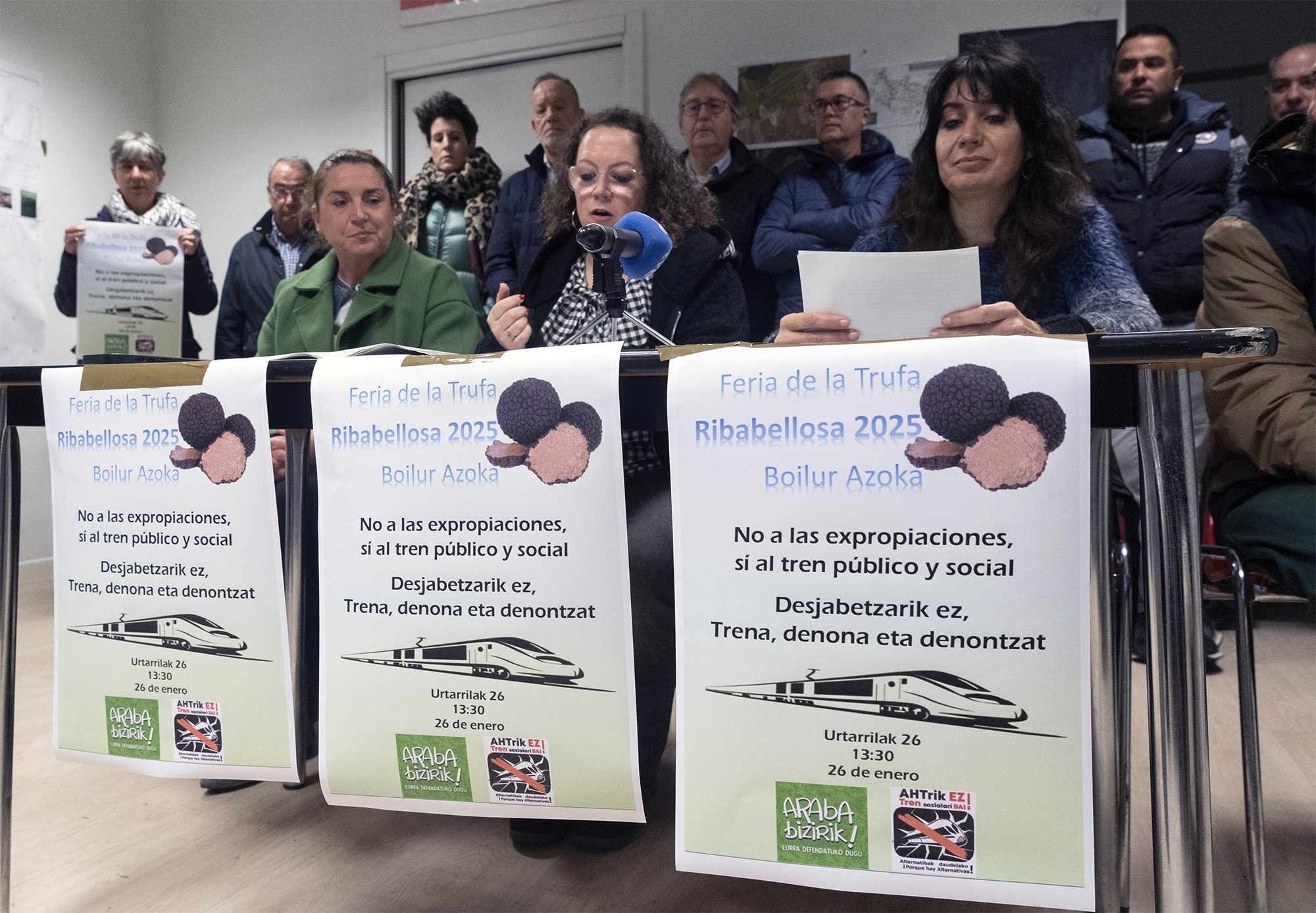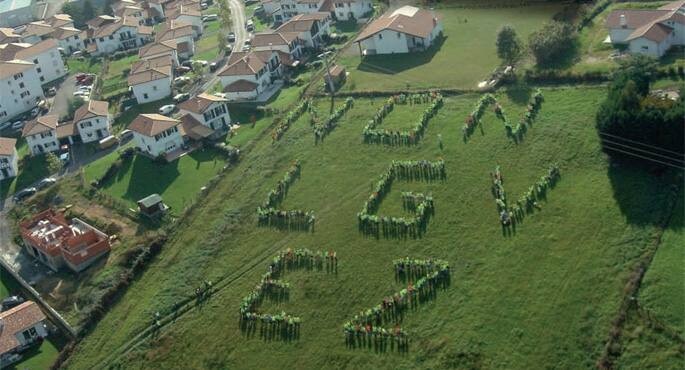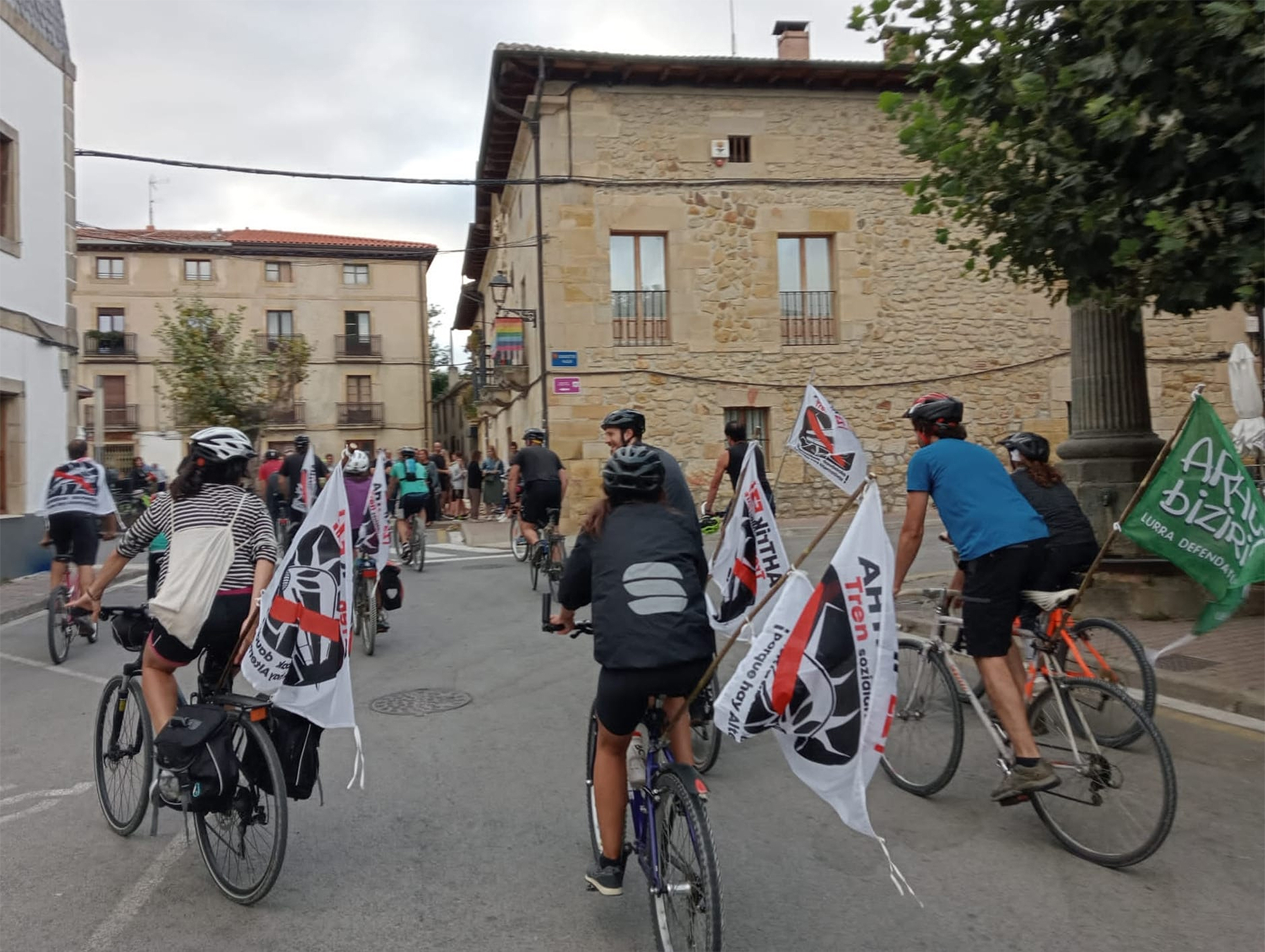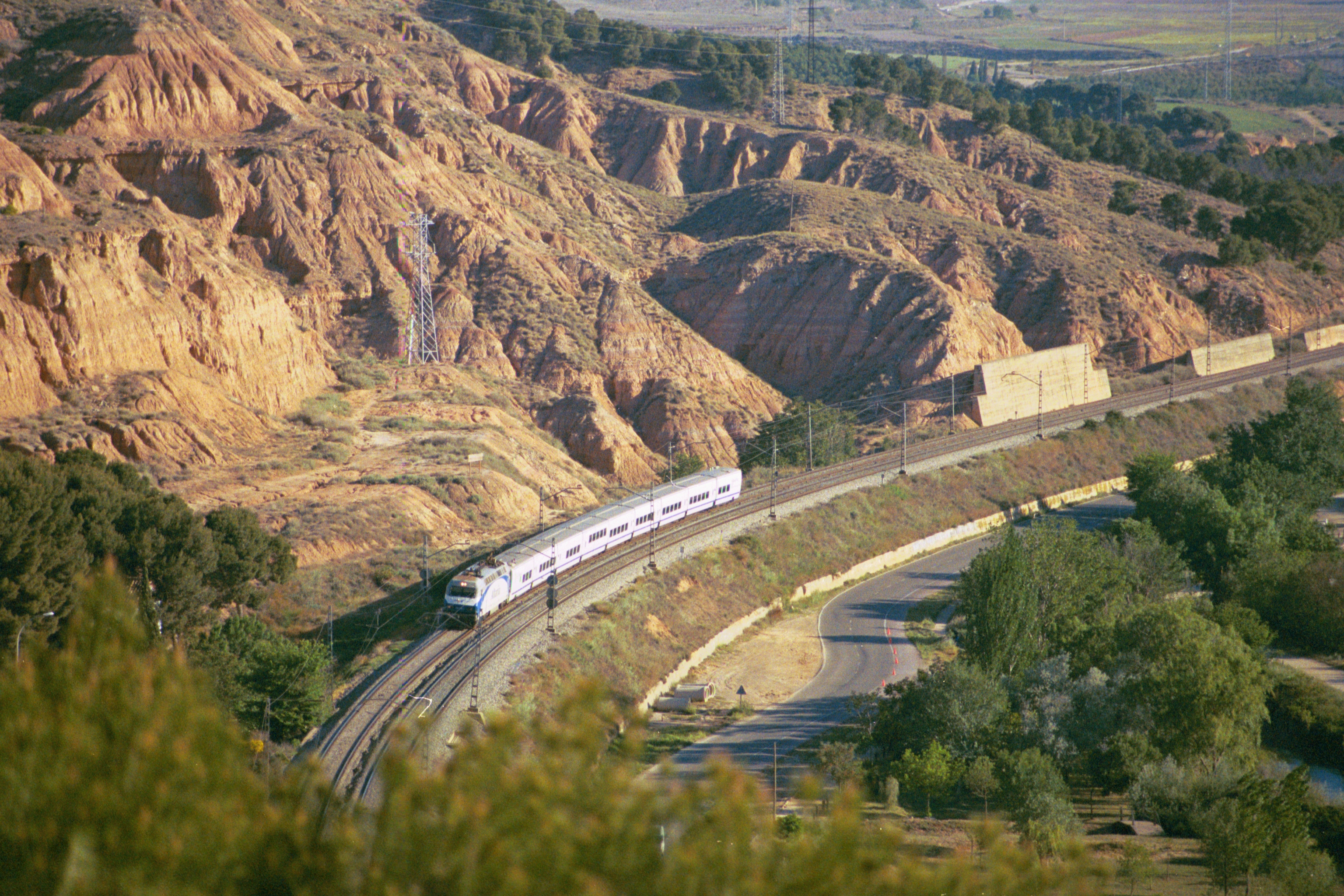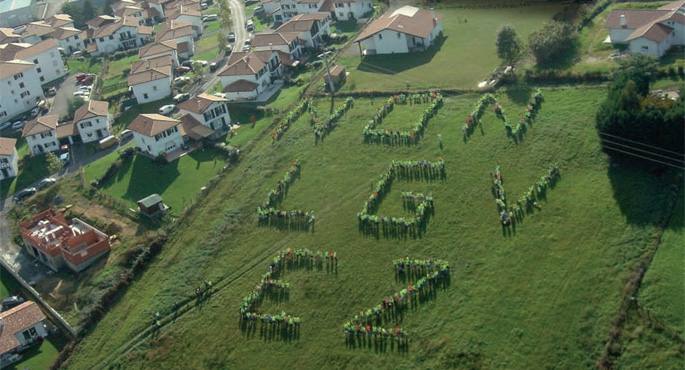"The crisis has helped us get people to stand against the APR."
- Tartalari sakandarra. He is the first to rub the cake in the face of Yolanda Barcina two years ago in Toulouse (Occitania). For this reason, the National Court sentenced Julio Villanueva, Ibon García and him to two years in prison, Mikel Álvarez to one year and 900 euros in fine. I didn't have to go to jail, but I was scared to death.
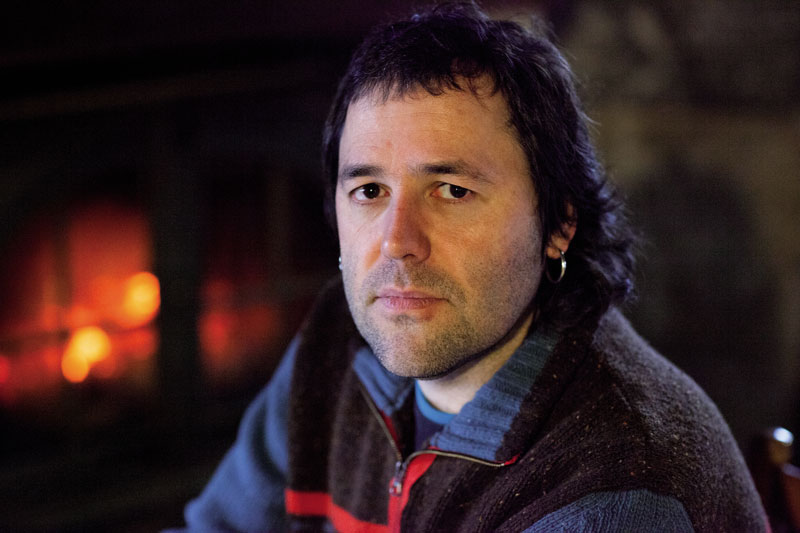
Are you a Sakandarra born in Zumarraga?
The father was born in Ordizia, the Asturians Aittun-Amiña and the mother of Arruazu, but when he was young he went to work in Gipuzkoa. At the age of 18, we went back with my mother to Arruazu and opened the village door. At the same time, I began studying sociology at the university in Pamplona. As I do Basque here, many people do not know that I was born in Gipuzkoa.
You came to the beginning of the Public University of Navarra. And he was there for many years, right?
I've been enrolled in college for my whole life! I spent nine years in sociology. I didn't end because I wasn't attracted too much. Then I started teaching in Vitoria, and there I go. Now I'm in the fourth grade, and to specialize I've chosen interculturality. In addition to being very nice, here I am at the head of the Committee on Emigration and Diversity of the Sakana Commonwealth, I find it very interesting.
At the UPNA, you worked on other tasks outside of school.
Yes, we formed the Ikasle Abertzaleak group and in the Euskara group, as the representative of the students, I worked in the linguistic standardization committee. We made three or four Euskera plans, but they didn't listen to us. I ended up very burnt and raided at the UPNA. So I decided to go to Vitoria. The contempt of some towards the Basque Country and the neglect of the majority were terrible. In Vitoria-Gasteiz there is more normality and respect.
What have you achieved?
It was the beginnings of the university and we got the Basque to be also present in the core subjects. Now, 20 years later, the situation has not changed much. The only degree, the magisterium, can be studied in Euskera and in the rest the offer in Euskera is very low. That friendly Vascuence law does not regulate university education and they use it to do nothing. There are a thousand examples like this in everyday life. Euskalerria Irratia 25 years without a license, EITB cannot take from Digital Terrestrial Television, leave AEK and IKA without subsidies, nor money to the municipalities to promote the Basque… Navarra.
He has also been working for many years in the Sakana Commonwealth.
Yes. I walked in eleven and a half years ago, and I was in the front four years. As I have always worked in hospitality I have had time and opportunity to work in the Commonwealth without having to free myself. I am currently representing the Batzalarre party of Arruazu and as a councillor in the town hall here.
In the Sakana region, the unemployment rate is above 20%. In a region of just over 20,000 people, about 2,000 people are looking for jobs. Is Sakana a particularly badly hit area?
I thought yes and also because there was a political decision by means, but today it is seen that in some villages in the Ribera they are as bad as in the Sakana. What happens is that they don't protest there. Here we have the habit of protesting, infrastructures and political and trade union movements. However, it is difficult to mobilize people on the street. People often wait to see what the government is doing or whether they take me to work in this or this company. In Sakana, in addition to the protest, we in the Commonwealth have set up a development agency in cooperation with the network of Sakainak and Cederna. Our philosophy is to do something with our capabilities and our ideas. By way of example, we can cite that tourism is largely forgotten here. There are rural houses and accommodation, but in addition to that there are other options. We want to do something about their resources, food, markets, culture and customs.
When we talk about Sakana, it often looks like it's a very homogeneous region.
It is true, but it is very varied in all areas: politically, linguistically… The municipality of Arakil is a very small and very castilized town. Altsasu is very large, industrialized and with a large number of immigrants. The center is more Euskaldun. We have been organising Sakandarras Day for ten years, and we have left it because it did not come true. There are also great differences in language: In Arakil it was used on the other and on Thursday; in Burunda, according to Koldo Zuazo, there are the last signs of what was done in Álava; and in Aranatz it is made in Navarro, but in Etxarri it goes back more to Gipuzkoa because of its relationship with Gipuzkoa. Every people has their language, and we realize where the people are. In Etxarri the Basque country has accelerated a lot, in Arbizu it is maintained, in Lakuntza knowledge has increased but they do not, in Arruazu we are the border, as this is the last people that did not miss the transmission before entering Arakil and is accelerating a lot. In many towns children and young people know this, but its use is scarce. Arakil has also been politically very supportive of UPN. In Olazti and Alsasua the PSOE is strong by emigration. The Abertzale Left is very strong in Etxarri, in Lakuntza… In many villages. We have the image that it's very left-wing and very abertzale, but hey, because there's everything. Living in Sakana is exhilarating, don't get bored.
Why is the movement against VAT so alive here?
It will cause very serious damage to the hillside of Aralar. It's obvious, and that's why people started coming together right away. around the platform. Three years ago AHT Mugitu! The disobedience we organize. In the 1980s, the TAV Assembly did a great deal of work to disseminate information and raise people's awareness, but once the works began, disobedience is almost the only option. In the meantime, you should continue to spread information, because being informed is the best TAV vaccine. Give an hour-and-a-half conference by putting the data on the table, and then people are flirting with the amount of money they're spending and all the corruption that's there. The crisis has helped us to get people to stand against the APR. In any case, things look very different from the city or the towns. Proof of this is that we who have moved the most are the ones who have to suffer all the adverse effects of the train: Durangaldea, Goierri, people from around Urbina de Álava, we…
Why have you chosen the path of disobedience?
In 2006, the first works of the TAV began in the Urbina area and opened in 2007-2008. Occupation of works. As the repression was very large, we reflected and decided to do different activities: on the one hand, mass activities in urban centers, especially because the city is the place where more people live and less information is available. On the other hand, spectacular activities related to a message that brought people's attention. We dyed the waters of the rivers green or put 100,000 fines on the cars. What we explained was that we imposed a fine on them not because they were poorly parked, but because the TAV needs a lot of money to do it, and we have to pay it all together. Every citizen of the Basque Country will contribute at least EUR 3,700.
There is no doubt that Barcina's cake has been the most spectacular in recent years.
Tartaka's at first was thought to be a spectacular activity, but in the end it became very hard and has had very important consequences.
In addition to the fact that you do not have to go to jail, has this matter had a positive impact?
Yes. After all, the five-year penalty they were asking for was so excessive that it has generated enormous solidarity. We have received dozens of messages from Euskal Herria, from the Spanish and French states… We here “Two years in prison. As we thought, ‘Less bad!’, in France they were excited to say that for once they could impose such a great punishment.
The judges have therefore stayed well with the Government of Navarra saying that it was an attack, and also with society, leaving you free.
That is why we say that the trial has been farcical. It was known beforehand what they had to say in the trial. It was a political decision.
Finally, they have denounced that the judge has accepted all the prosecutor’s arguments and rejected them.
Yes. The authorship of the action was recognized. It was also the jurisdiction of the Spanish State, even if it occurred in the French State. They say it was an attack, making a legally illegitimate distinction: throwing a cake is not an attack, but rubbing in the face. In the same way, it has taken for granted the argument that local police did not investigate in Occitania and, to conclude, the error of the ban was recognized as attenuating. That is a concept that is used in progressive law: if you do not know that what you are doing is a violation of the law in that place, you cannot be punished for it. For example, bring a bottle of alcohol to a country where it is banned or dress in one way or another. We also called for this because we believe that in the French State, late payment was not a crime, but was lacking. This was not accepted either as such, but as a mitigating factor.
And why did you say at the end of the trial that you were not there that day in Toulouse?
We questioned authorship, not because we weren't us, but because the tests they had in the instruction were very slow. At the time of the action, the agents did not carry out any research or identification. They later stated at the trial that they saw the video on Mugitu's website, that it was downloaded and that it is not necessary to identify because everyone knows who Julio and Gorka are, and because they also knew Mikel Álvarez. Saying it in the bar is all well and good, but not in a trial, especially when they are asking for prison sentences. Our lawyer was scared that in the last week a lot of witnesses and legal documents had been left behind, and seeing that the issue of authorship was its weak point, we decided to open that new line, although we do not share it very much, because from the point of view of disobedience that is not an example. They hadn't done their job, and we didn't want to give it all done. Mugitu has always claimed that we did the action and we have always said so on all sides, but on behalf of Mugitu, not with our own names. That is what we take advantage of to open up this final road.
Is disobedience increasingly being punished?
They have so far drawn up a criminal code against Basque independence, and now, on the other hand, they are facing all the forms of struggle that have been generated around the 15-M movement. Surrounding Congress, carrying banners, insulting Spain’s symbols… It is the new ad hoc laws that are coming out now.
And what do you think about doing from now on?
We are preparing new activities. It is difficult to find innovative, effective and fun ideas. It takes a light head to think about it. In two years' time, we cannot commit any offence involving prison sentences.
A light-headed lawyer?
Yes, but the lawyer will always tell you not to. We went to Toulouse, in Occitania, talking only to Iparralde's friends, without consulting lawyers. If you think it's going to be a big crackdown, you'll never do anything.
We are very afraid. People are very scared. In Euskal Herria there is brutal repression, just and economic repression. They put a fine and another, and people are drowned. If you were insolvent before, you would at least get rid of yourself, but not now. If you don't have money, you'll have to go to jail on weekends or serve similar penalties. It doesn't look like that, but now we're much worse than in the 1980s.
Gorka Ovejero Ganboa. Zumarragan sortua 1972ko abenduaren 26an, gaztetatik bizi da Sakanako Arruazu herrian, amaren sorterrian. “Beti herri mugimenduetan ibili naiz gustura”. Hasieran euskalgintzan: Oinarriak, Euskal Herrian Euskaraz edo Bierrik euskara elkartean, besteak beste. Askapenan ere parte hartu izan du, bereziki Argentina eta Txileren artean bizi diren maputxeekiko harremanetan. Azken urteotan AHT Elkarlanean eta Mugitu! Abiadura Handiko Trenaren aurkako mugimenduetan dabil buru-belarri. Barazkizalea eta irratizalea. Zazpi urtez aritu da irratsaio bat egiten Beleixe irratian.
“Lemoiz ondoren AHTren aurkakoa izan da jarraipen eta aniztasun handiena izan duen mugimendua. Gaur egun mugimendu indartsuena Nafarroan ari da. Krisiak murrizketak ekarri ditu, baina lanak aurrera doaz historiako azpiegiturarik garestienean”.
“Sakanakoa ikaragarria da: orain AHT izango dugu Aralarko magalean, bestaldetik Urbasa mendilerroko beheko aldetik 400 mila voltioko autopista elektrikoa pasarazi nahi dute, Olaztin errauskailua zabalduko dute eta azkena Urbasako frackingarena izan da. Urbasa eremu babestua da, hala ere, duela hamabi urte Nafarroako Gobernuak petrolio eta gas naturalaren bila zebilen enpresa bati dinamita erabiltzeko baimena eman zion. Parke Natural batean zundaketak egingo dituzte, baina ez da harritzekoa kontuan hartzen badugu Bardeetako parkean tiro poligonoa dagoela. Sakanan industria galbidean doa eta krisia pixka bat arintzen denean proiektu horiek guztiak aktibatuko dituzte ziztu bizian. Eta gero esaten digute zergatik ez dugun turismoa bultzatzen. Baina horrela segituz gero, zer eskainiko diogu bisitariari? UPN, PSOE eta EAJren eredua hau da. Hiriak indartu nahi dituzte eta haien artean gelditzen dena zerbitzuetarako erabili”.
In recent weeks we have been reading "proposals" for the recovery of the railway line Castec-Soria and the maintenance of the Tudela train station in its current location, or for the construction of a new high-speed station outside the urban area with the excuse of the supposed... [+]
We have been with the "summer snake" over the TAV for a few weeks and with the possibility of linking the "Basque Y" from Pamplona, from Ezkio or Vitoria.
It is disappointing to see that our People continue to depend on decisions concerned and not supported by the galgos and... [+]
In the spring of last year, in Sakana, in Izan and Goierri, flooding was introduced in the municipalities of these areas for the conduct of geological surveys for the works of the TAV. In the canyoning 15 surveys have been requested in the municipalities, from Erro to Olazti /... [+]









